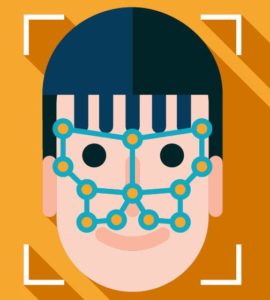A new report is claiming that Apple has compromised the security of its facial recognition system for the iPhone X – and Apple is flatly denying it.
 The Bloomberg report appears to be based a single anonymous source with knowledge of Apple’s production process, who asserts that Apple “relaxed some of the specification for Face ID” to help speed up production, since the extremely delicate components needed to enable the iPhone X’s infrared facial recognition were slowing things down. There have been various reports concerning the lag in iPhone X production, including confirmation from LG Innotek; and the device’s launch is coming six weeks after the release of the iPhone 8, which doesn’t feature Face ID.
The Bloomberg report appears to be based a single anonymous source with knowledge of Apple’s production process, who asserts that Apple “relaxed some of the specification for Face ID” to help speed up production, since the extremely delicate components needed to enable the iPhone X’s infrared facial recognition were slowing things down. There have been various reports concerning the lag in iPhone X production, including confirmation from LG Innotek; and the device’s launch is coming six weeks after the release of the iPhone 8, which doesn’t feature Face ID.
For its part, in an official statement, Apple said Bloomberg’s claim regarding the diminished power of Face ID “is completely false”. “The quality and accuracy of Face ID haven’t changed,” Apple said, adding, “It continues to be 1 in a million probability of a random person unlocking your iPhone with Face ID” – a claim made when Face ID was first unveiled during a live event broadcast on the web.
Bloomberg’s report, meanwhile, says it is “not clear how much the new specs will reduce the technology’s efficacy”, adding that even a downgraded Face ID system “will probably still be far more accurate than Touch ID, where the odds of someone other than the owner of a phone being able to unlock it are one in 50,000.”
Regardless of whether Bloomberg’s claim concerning Face ID is accurate, few deny that Apple is likely to experience difficulties in meeting demand for the iPhone X. Respected industry analyst Ming-Chi Kuo of KGI Securities has predicted that Apple will have two to three million units available on the device’s Nov. 3rd release date, with 25 to 30 million units available for the holidays; and Bloomberg says the Face ID components production issue will be resolved early next year.
Sources: Bloomberg, The Telegraph, TechCrunch

Follow Us